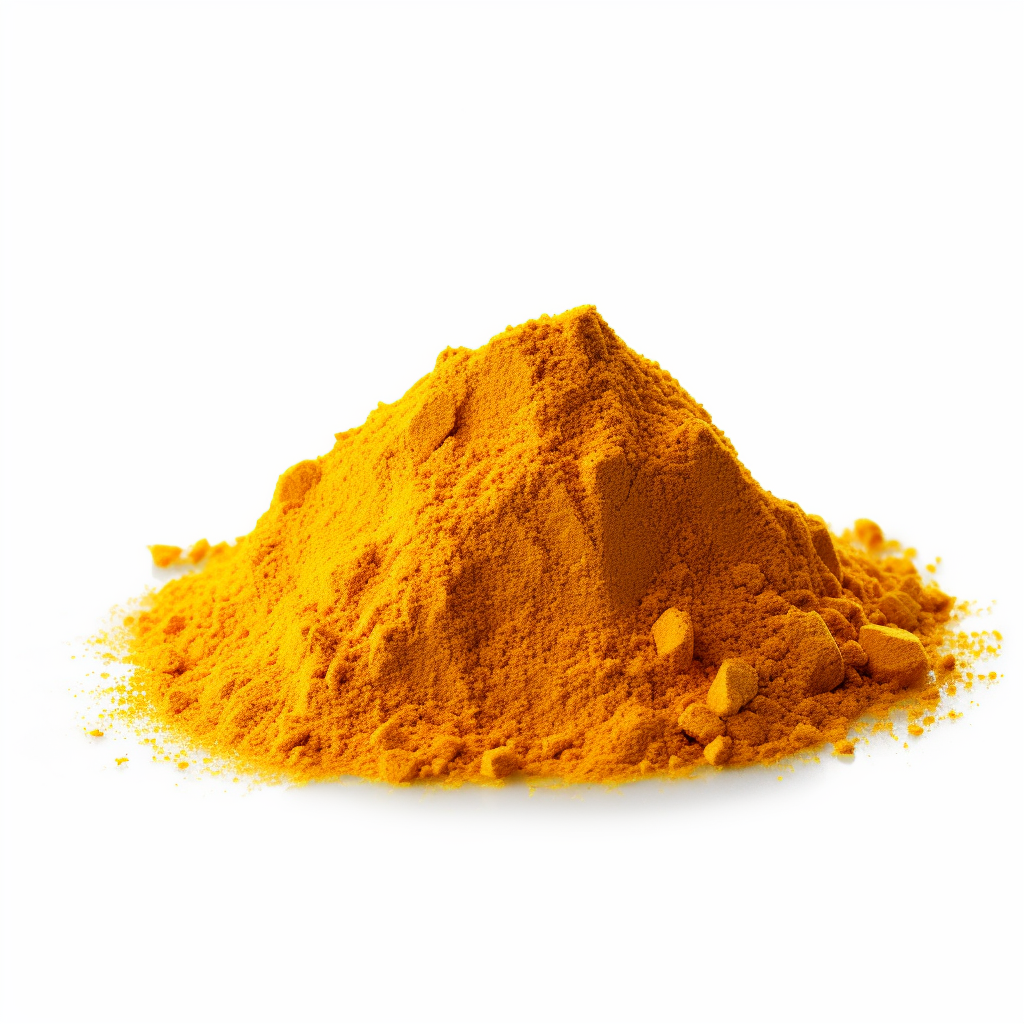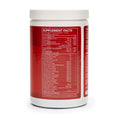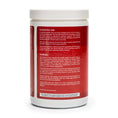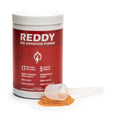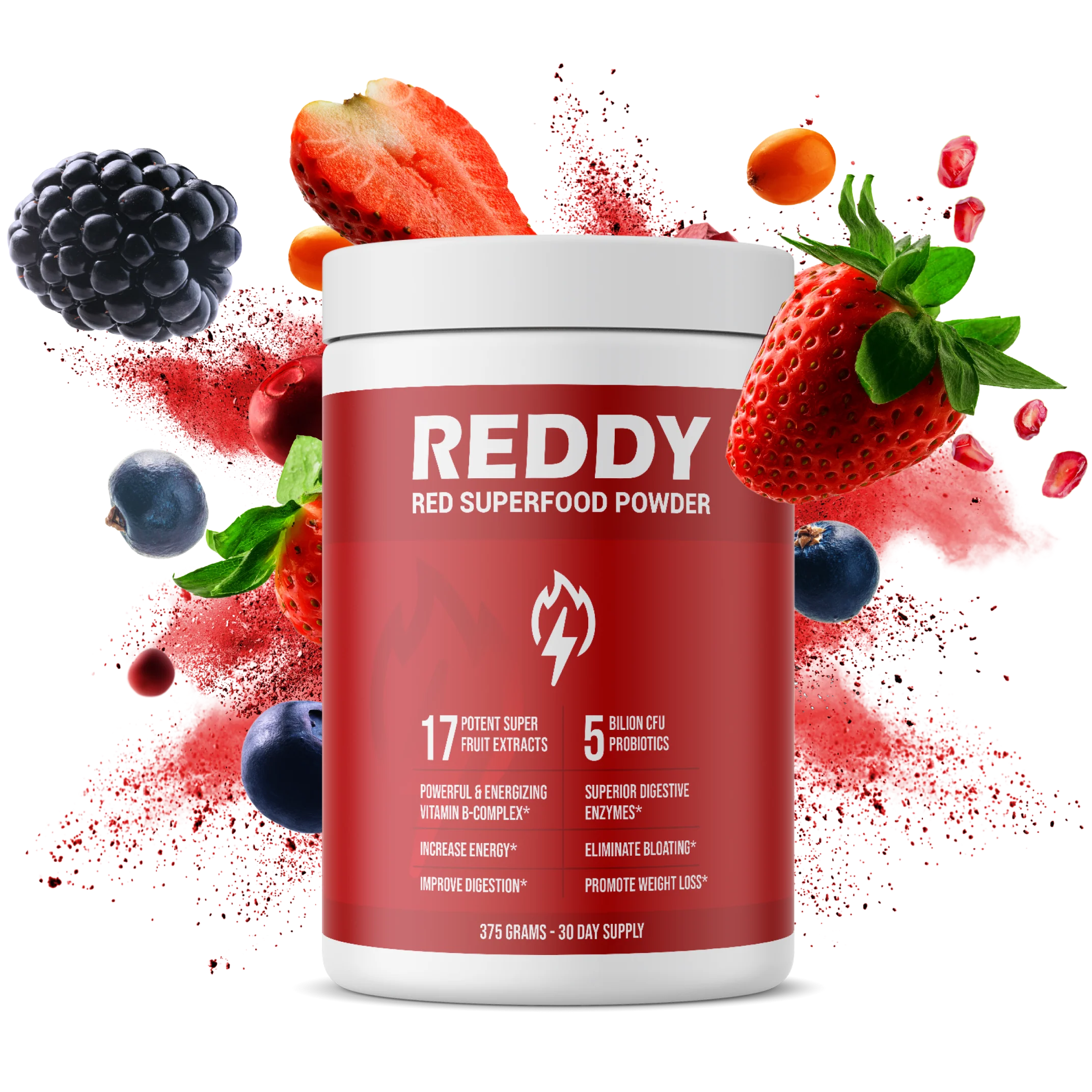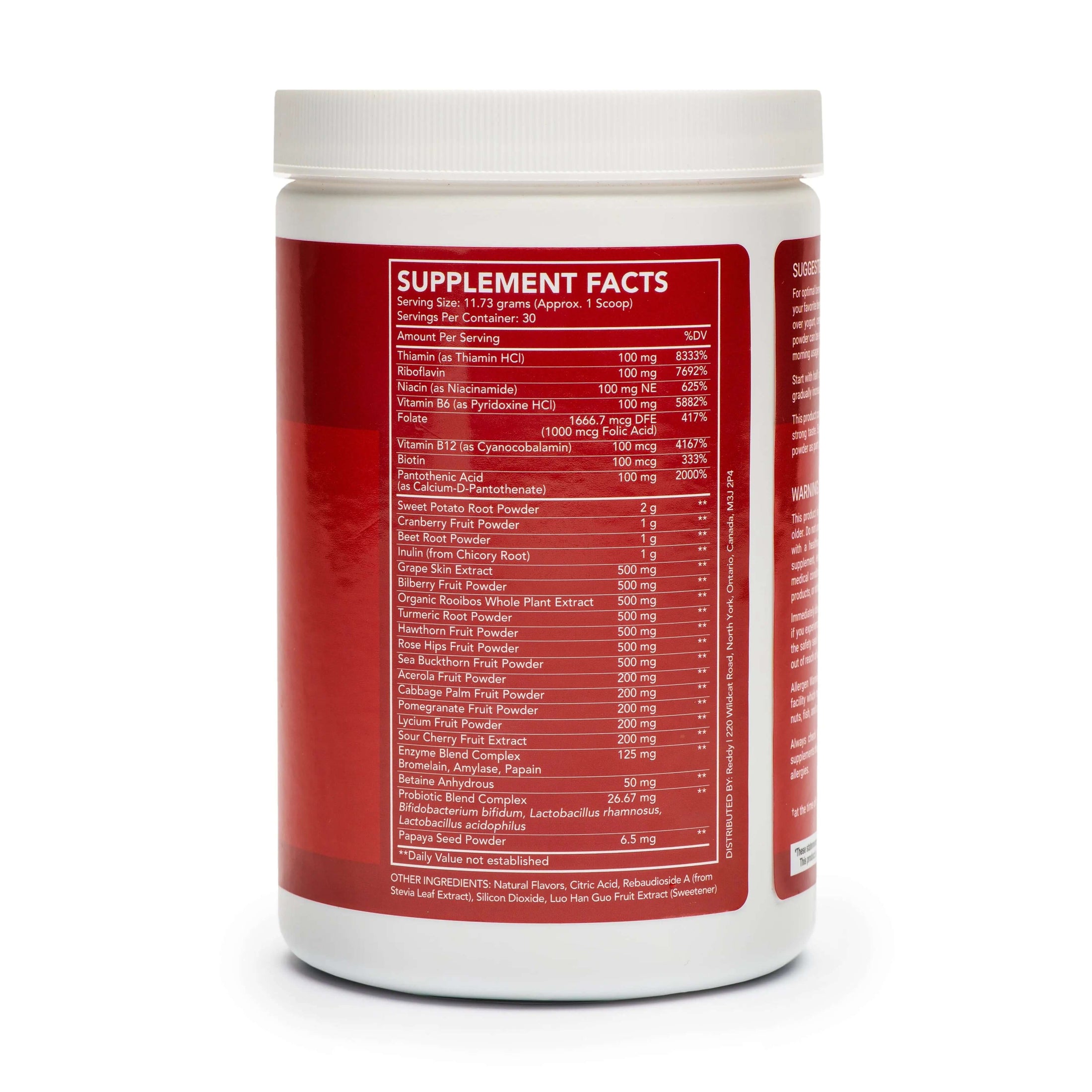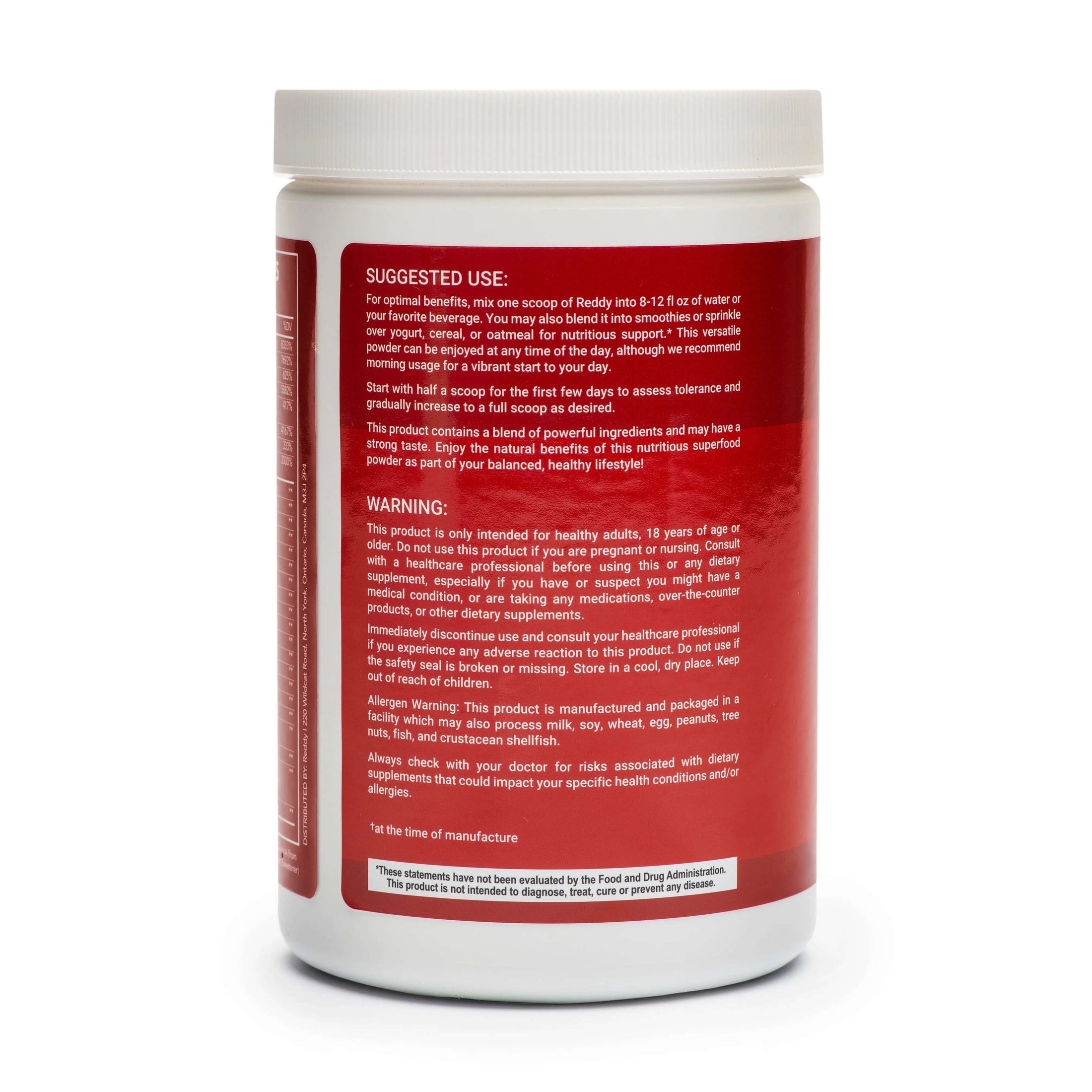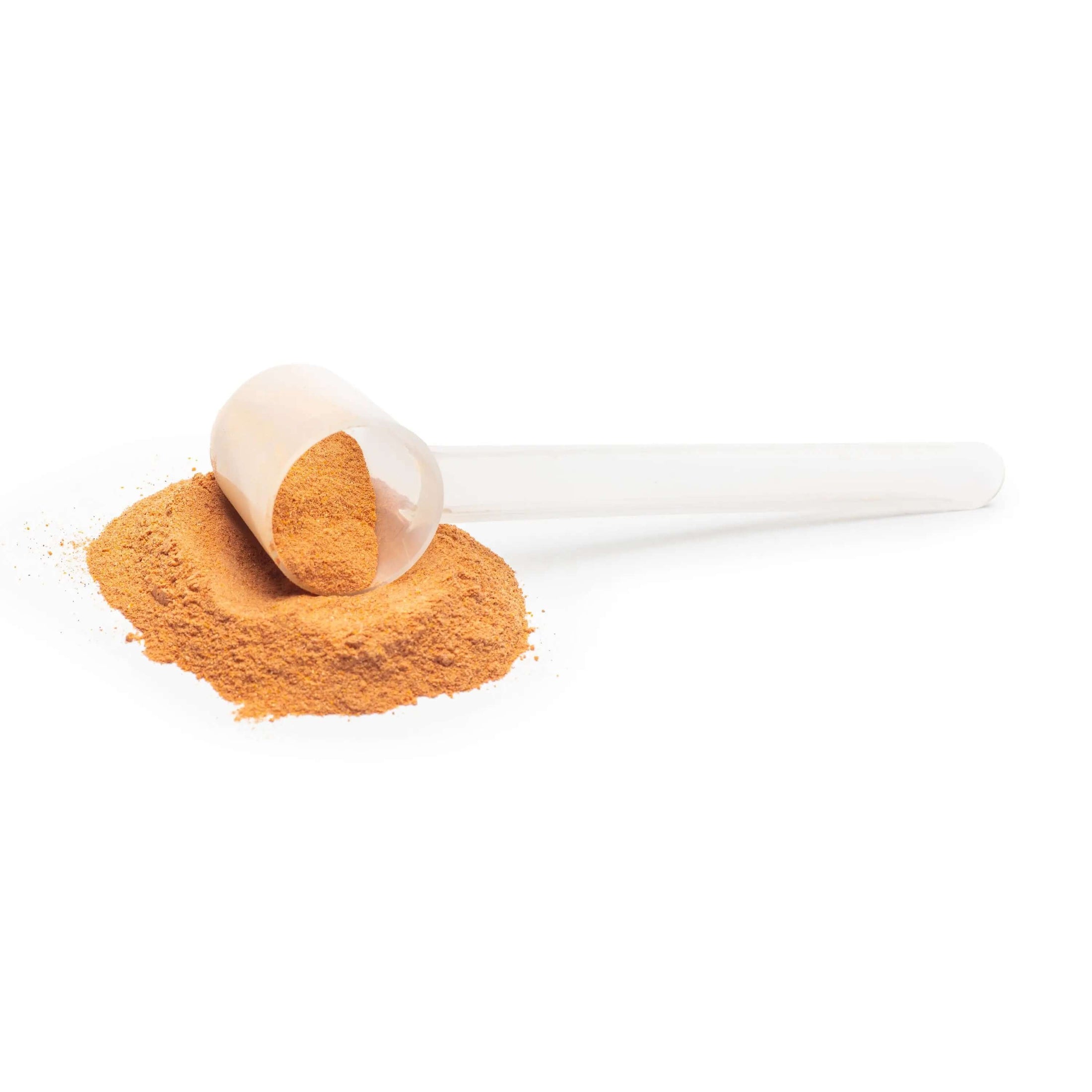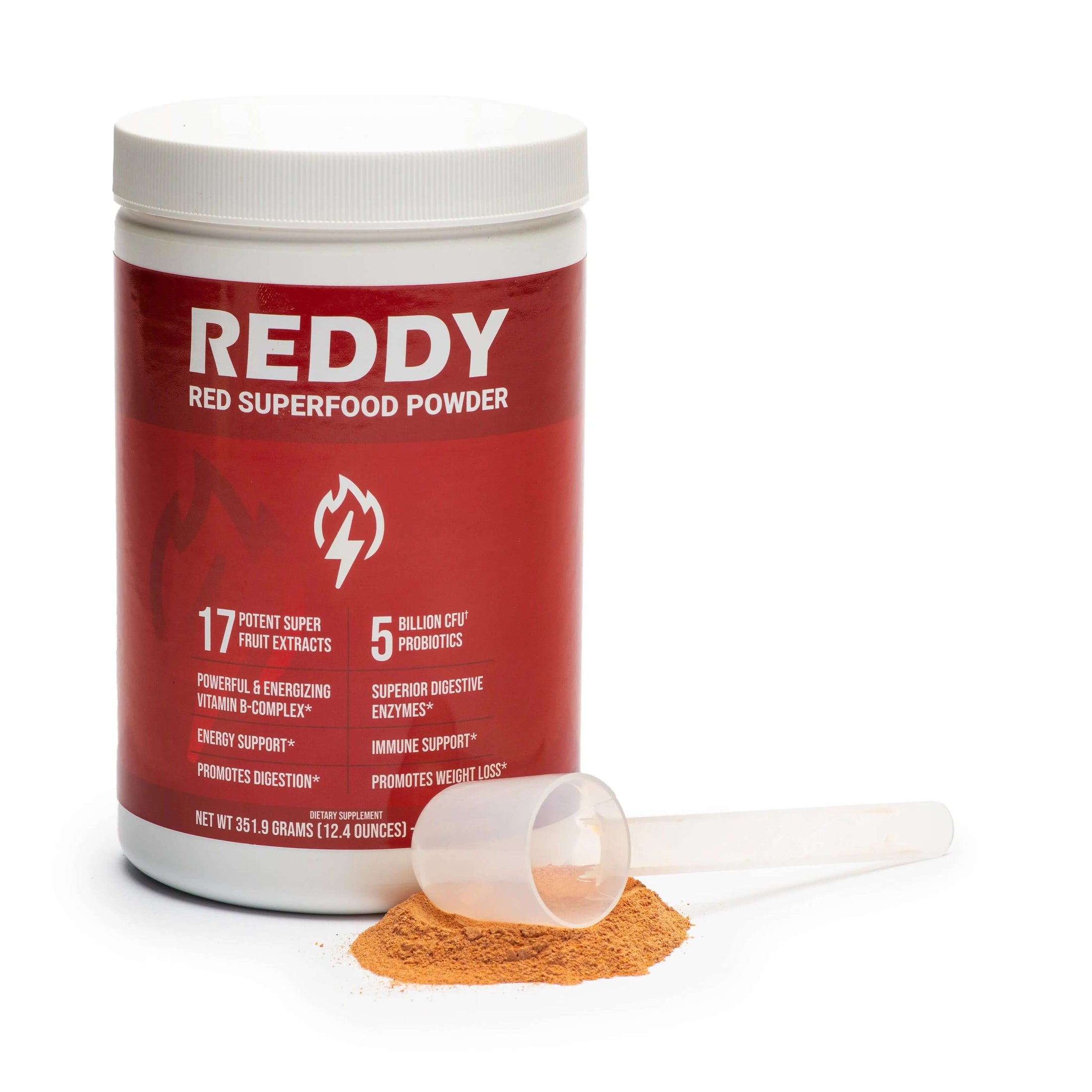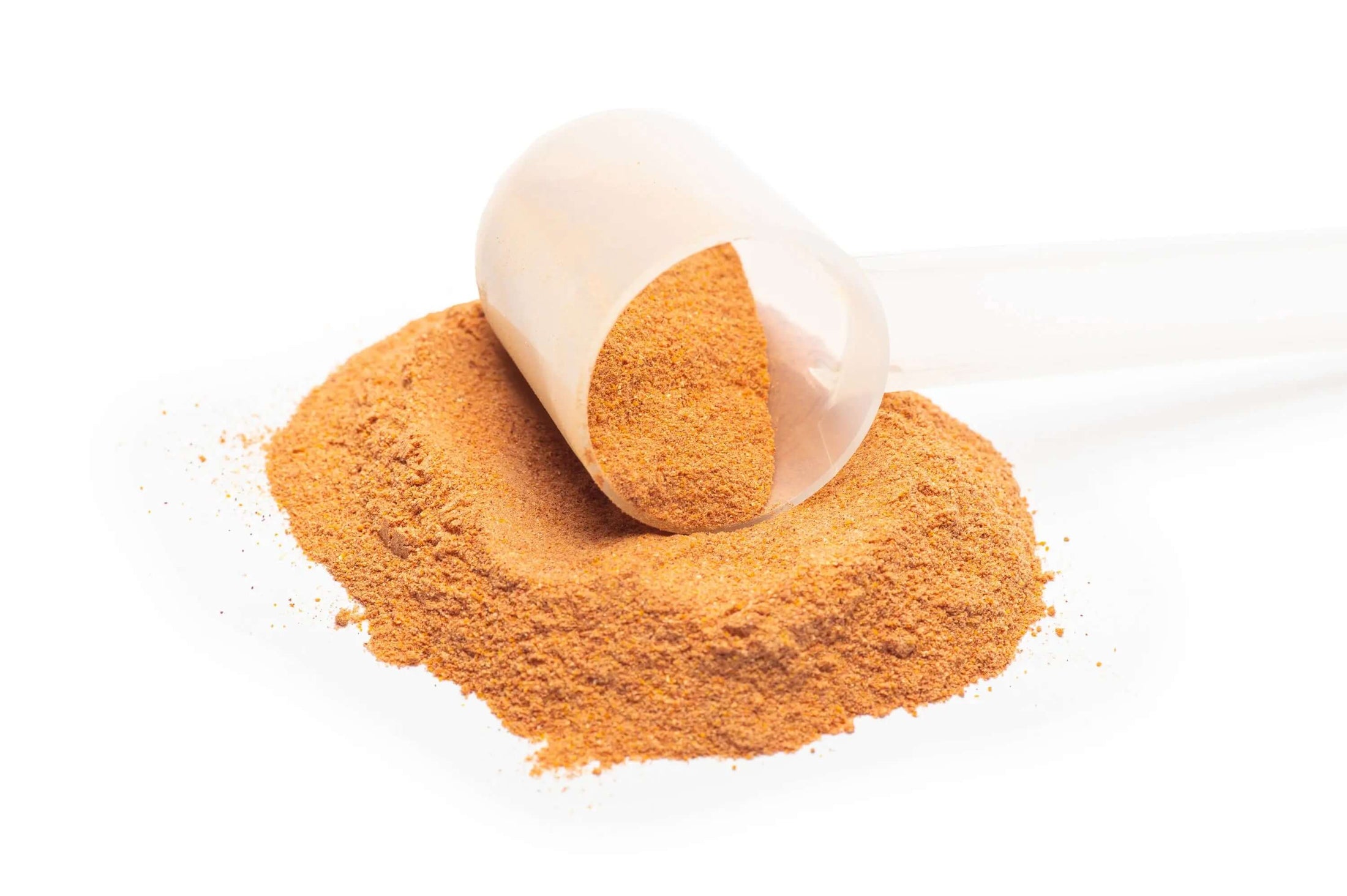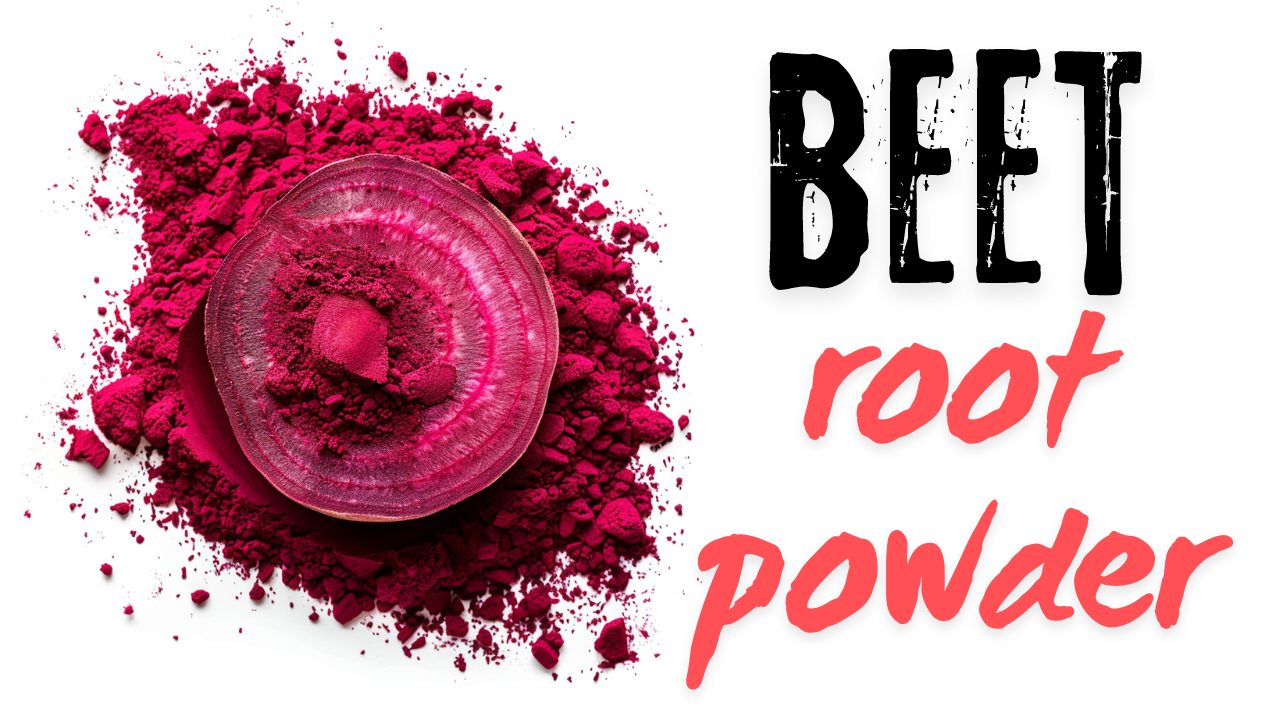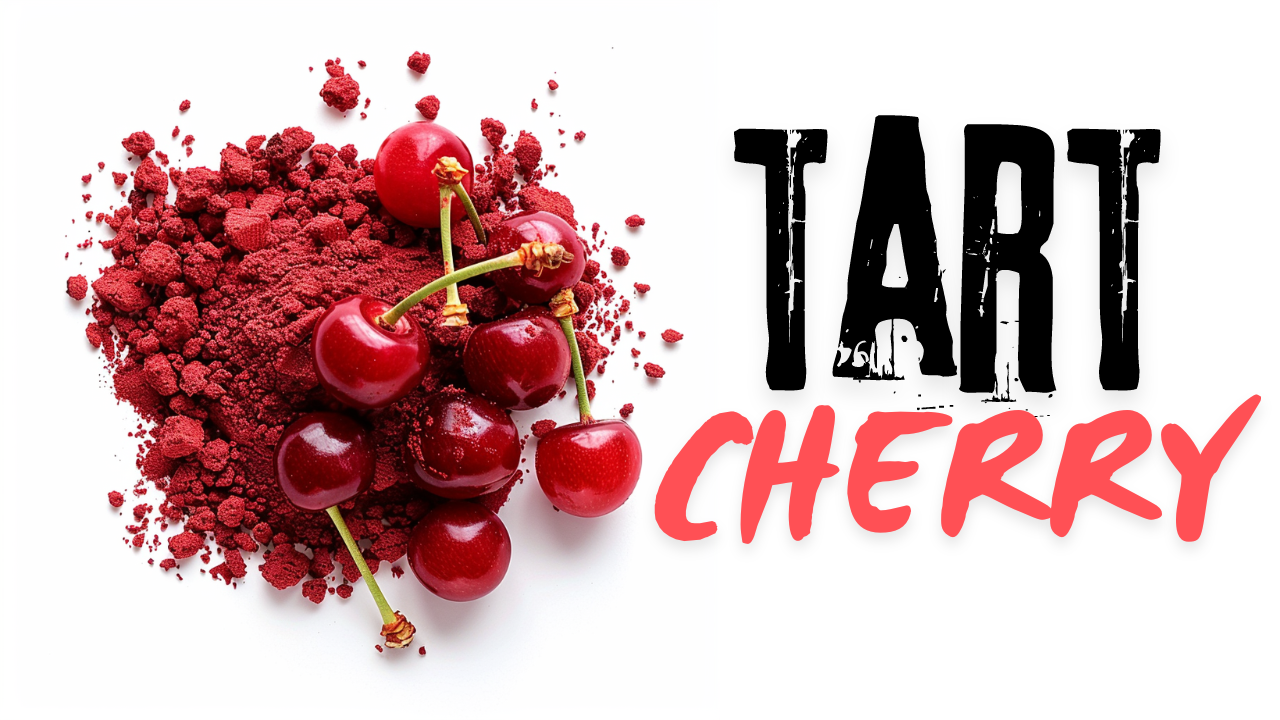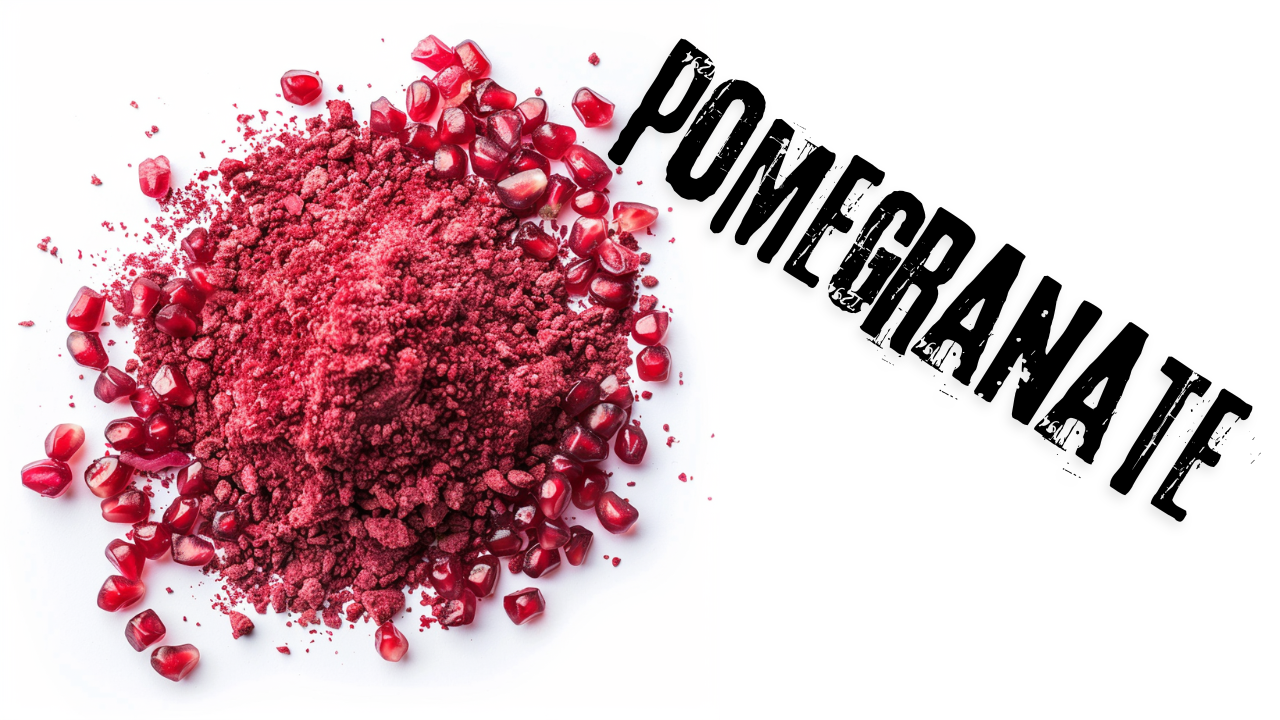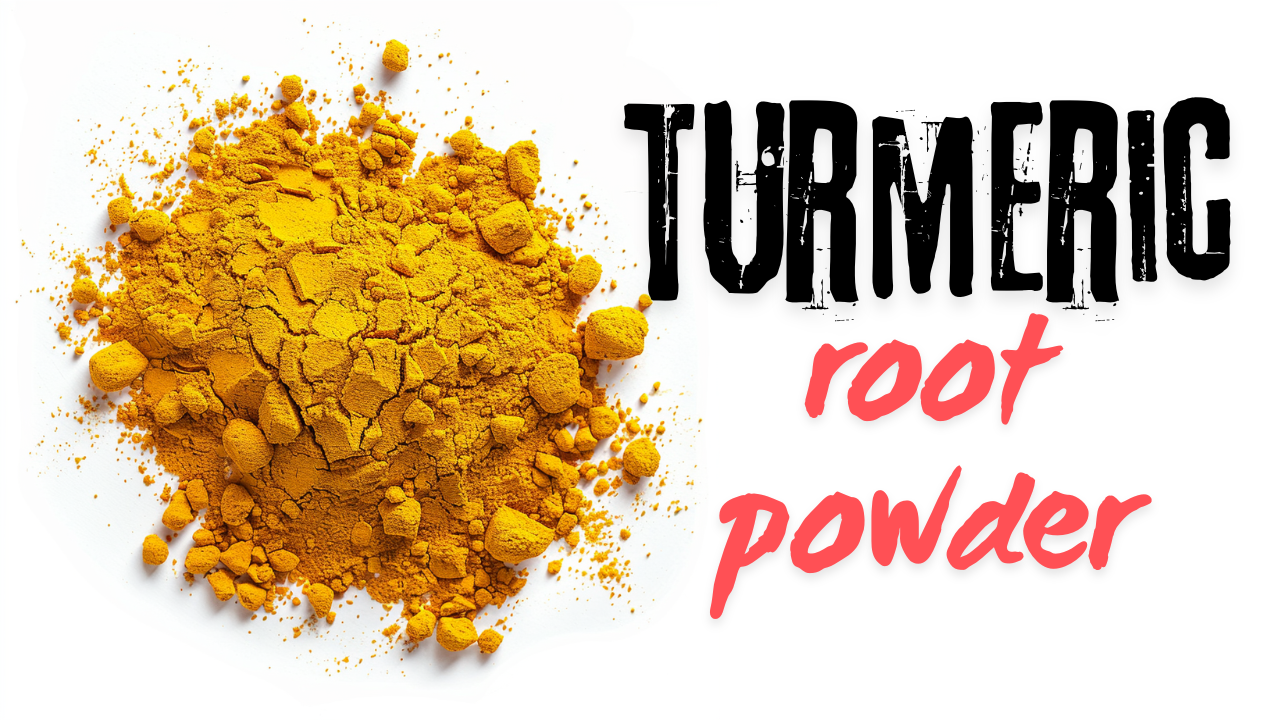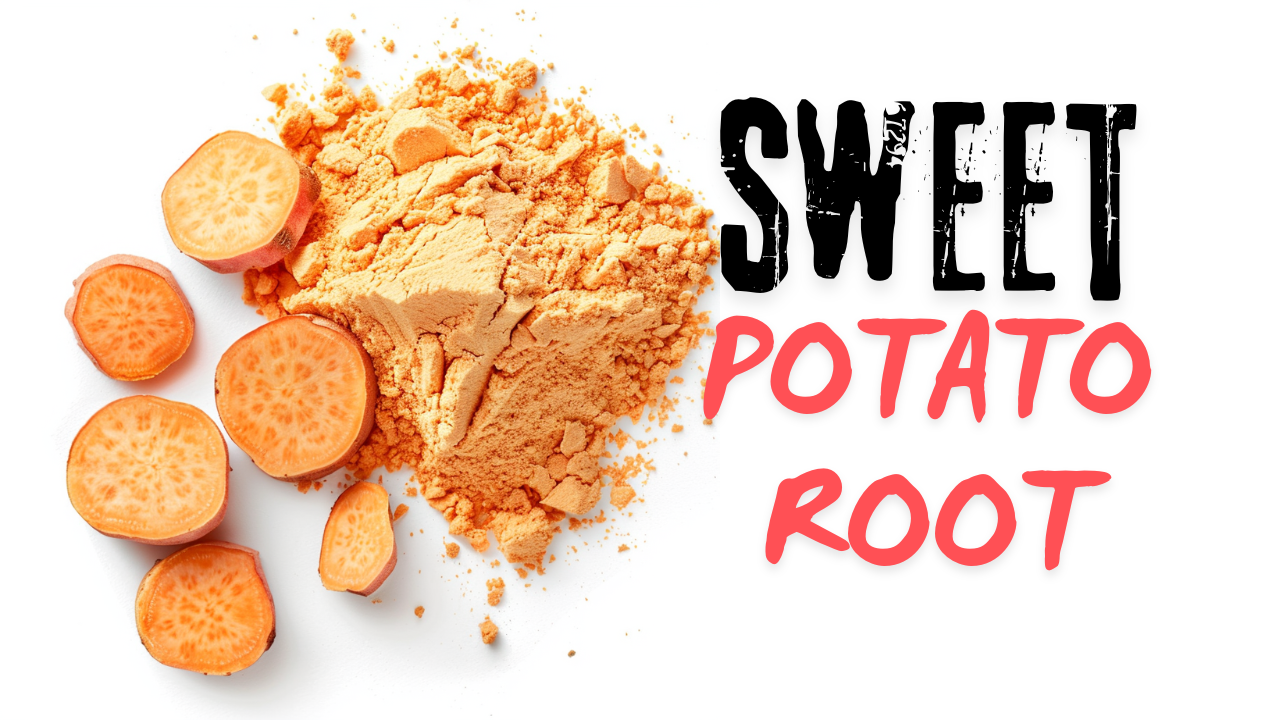Vitamin B-Complex is a group of essential nutrients that play a crucial role in maintaining overall health and well-being. Comprised of eight B vitamins, this complex is responsible for a wide range of bodily functions, including energy production, brain health, and cell metabolism. In this blog post, we will explore the benefits of Vitamin B-Complex and how it can contribute to your overall health.
What is Vitamin B-Complex?
Vitamin B-Complex is a group of water-soluble vitamins that include thiamine (B1), riboflavin (B2), niacin (B3), pantothenic acid (B5), pyridoxine (B6), biotin (B7), folate (B9), and cobalamin (B12). Each of these vitamins has its own unique functions and benefits, but they often work together synergistically to support various bodily processes.
What are the Benefits of Vitamin B-Complex?
1. Energy Production: B vitamins are essential for converting the food we eat into energy. They play a vital role in the metabolism of carbohydrates, proteins, and fats, ensuring that our bodies have a steady supply of energy.
2. Brain Health: Vitamin B-Complex is crucial for maintaining proper brain function. It supports the production of neurotransmitters, which are essential for communication between brain cells. Adequate levels of B vitamins have been linked to improved cognitive function and a reduced risk of neurodegenerative diseases.
3. Red Blood Cell Formation: Some B vitamins, such as folate and cobalamin, are necessary for the production of red blood cells. These cells are responsible for carrying oxygen throughout the body, ensuring that all organs and tissues receive an adequate oxygen supply.
4. Heart Health: Several B vitamins, including niacin, folate, and pyridoxine, play a crucial role in maintaining heart health. They help regulate cholesterol levels, support proper blood clotting, and reduce the risk of cardiovascular diseases.
5. Skin and Hair Health: B vitamins are essential for maintaining healthy skin, hair, and nails. They support the production of collagen, a protein that provides structure and elasticity to the skin. B vitamins also help prevent hair loss and promote hair growth.
How to Incorporate Vitamin B-Complex into Your Diet
While B vitamins can be obtained through a balanced diet, some individuals may benefit from supplementation, especially if they have specific dietary restrictions or health conditions. Here are some food sources rich in Vitamin B-Complex:
- Thiamine (B1): Whole grains, legumes, nuts, and seeds.
- Riboflavin (B2): Dairy products, lean meats, leafy green vegetables.
- Niacin (B3): Meat, fish, poultry, whole grains, and legumes.
- Pantothenic Acid (B5): Meat, fish, whole grains, and avocados.
- Pyridoxine (B6): Poultry, fish, bananas, potatoes, and chickpeas.
- Biotin (B7): Eggs, nuts, seeds, and sweet potatoes.
- Folate (B9): Leafy green vegetables, legumes, citrus fruits, and fortified grains.
- Cobalamin (B12): Meat, fish, dairy products, and fortified cereals.
It's important to note that individual nutrient requirements may vary, and it's always best to consult with a healthcare professional before starting any supplementation regimen.
Conclusion
Vitamin B-Complex is a group of essential nutrients that offer numerous benefits for overall health and well-being. From energy production to brain health and heart health, these vitamins play a crucial role in various bodily functions. By incorporating B vitamin-rich foods into your diet or considering supplementation, you can ensure that your body receives the necessary nutrients to thrive.

